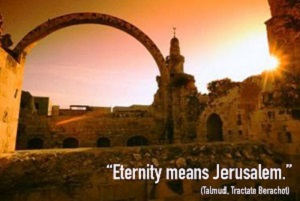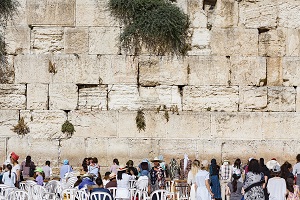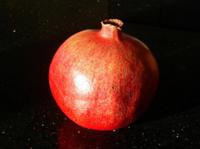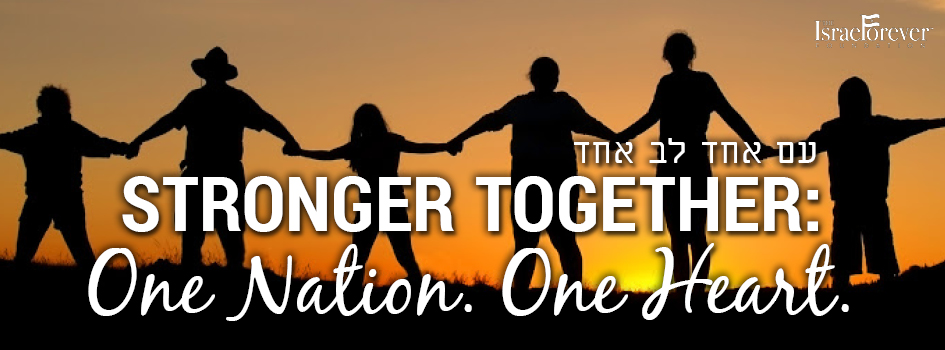Together as One on Tisha B'Av
This year, the Three Weeks of Mourning have been particularly meaningful to the Israelis as they hear air raid sirens and flee to underground hiding places. The Iron Dome protective shield had successfully shot down most of the rockets raining on Israel, but there is always the fear some will slip through.
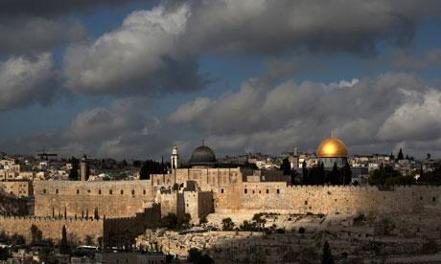
Copyright © Menachem Kehana
As thousands of missiles shoot at Israel from Gaza and children have to hide in bomb shelters, we gaze at the Temple Mount with even more longing than normal.
We read from Lamentations, the traditional book used to prepare their hearts for Tisha B’Av:
“How doth the city sit solitary, that was full of people! how is she become as a widow! she that was great among the nations, and princess among the provinces, how is she become tributary!” — Lamentations 1:1
Tens of thousands will gather at the Western Wall to pray and petition the God of Abraham, Isaac, and Israel in remembrance of the destruction of the First and Second Temples, hundreds of years apart, and the historical tragedies that have taken place on this day
The 9th of Av, Tisha B’Av, is a symbol of all the persecutions and misfortunes of the Jewish people, for the loss of our national independence and our sufferings in exile.
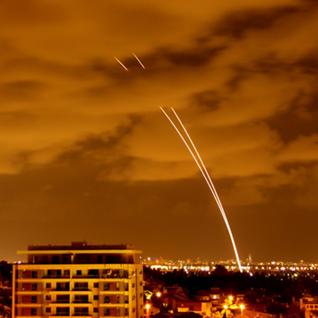
Iron Dome shoots down missile above Tel Aviv
Copyright © Pinni Neteravich
After weeks of missiles falling on Israel and bombs dropping on Gaza, we land on Tisha b’Av.
Even with an uneasy review of the historic loss and the national tragedy, I have found it increasingly difficult to connect with a text from a distant time filled with a sorrow that I can comprehend only through footnotes.
But when watching the news one night and seeing a video of an Iron Dome missile intercepting a Gaza rocket, I found myself saying, “God, don’t let it miss.” Then I thought that Jews around the world were probably saying that simple prayer, too. I began to get some insight into why we mourn on the Ninth of Av.
Tisha b’Av connects us to feelings about communal loss, shared pain and the potential for history to repeat itself.

The feeling is a kind of anxiety that grows with the numbers of tunnels dug up and civilians killed, and begins to float freely as other countries and international organizations weigh in with what they think Israel should do.
To counteract that feeling of anxiety, I had to do some digging of my own.
Returning to Eicha, I recalled its opening verse, “Lonely sits the city/Once great with people!” This year, with air raid sirens blaring and Israelis taking shelter underground, has the potential to connect us to their experience.
At the same time, however, I realized that Eicha and Tisha b’Av make for an imperfect shelter in a world in which Jews — no matter how justified world leaders say we are in defending ourselves — are still being held responsible for much of the death and destruction in this conflict.
With every photo of a bombed hospital, and especially with the death of a child, the world seems to ask: Why are you mourning?
I am mourning and fasting as a response to those in the world who wrongfully perceive us as the willful perpetrators of destruction [that] reminds me of the baseless hatred said to have brought down the Second Temple...
Edmon J. Rodman, Tisha B'Av in a Time of Rockets, Tunnels and Death
Mourning for the temple is sentimental and admirable.
Mourning our fallen Jewish brothers and sisters is essential and imperative.
This Tisha b’Av, we must remember the practical effects of sinat chinam. It’s not simply a mussar-like platitude urging us to be kinder to one another. It’s a warning.
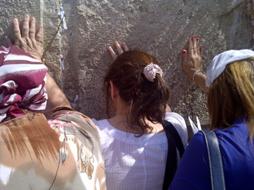
If we cannot stand together as one, especially when it matters most, we risk losing it all. A house divided against itself cannot stand.
We relive our most tragic moments every year on Tisha b’Av, but it’s not because we are masochists or incapable of getting past our trauma. Rather it is because we know that our sadness will turn to joy.
We hold onto our cumulative misery spanning thousands of years and millions of tears so that we have more to celebrate when our tears of sorrow become tears of joy. Forgetting all our suffering only diminishes our future delight.
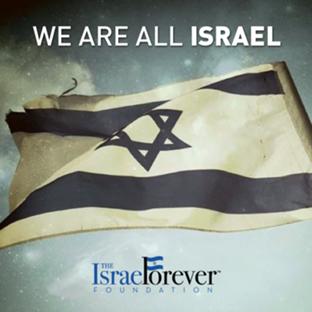
This, too, is a useful tool for these dark times. Don’t avoid the news reports. Don’t hide from the pain. Don’t shy away from the stories. Engage in the struggle. Feel everything. Then when the sun shines again, it will shine so much brighter.
Tisha b’Av comes every year, but this year it is different. We have been given enough reasons to remember collective human suffering this year. We have been given enough reasons to remember the importance of standing together, especially when we disagree.
Tisha b’Av is an important opportunity to participate in an international communal day of reflection. It’s just what we need this summer. It couldn’t possibly come at a better time. Feel Tisha b’Av this year.
You need it.
We all need it.
Rabbi Eliyahu Fink, The Meaning of Tisha B'Av in Trying Times
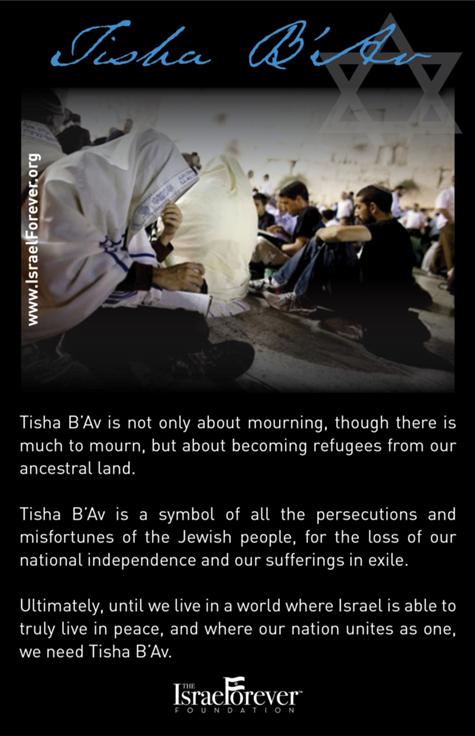
An inscribed pomegranate from Temple period found in Jerusalem, written about in Bible
Israel Ministry of Foreign Affairs


